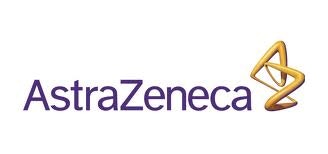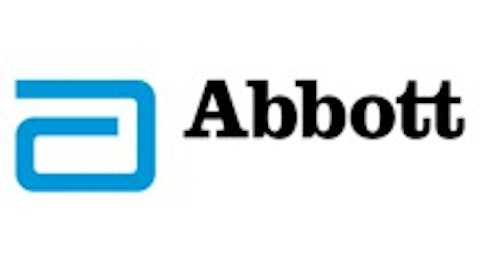If at first you don’t succeed, try, try again. We’ve heard that old saw many times, but it’s good advice. It’s also advice that two big pharmaceutical companies are heeding.

1. The data must deliver.
The Food and Drug Administration rejected approval of Forxiga in January 2012. Concerns about the drug’s benefit-risk profile prompted the agency to request additional clinical data. This decision wasn’t a major surprise at the time, considering that an advisory panel had previously recommended against approval of Forxiga because of safety concerns, including possible increased risk of breast and bladder cancers.
AstraZeneca plc (ADR) (NYSE:AZN) and Bristol Myers Squibb Co. (NYSE:BMY) provided lots of new data with the resubmission. The companies announced that data was given to the FDA for several new clinical studies plus additional long-term data for up to a four-year period from studies submitted in the earlier application. This additional data increased the number of patient-years exposure to Forxiga by 50%.
A decision date for Forxiga has been set for Jan. 11, 2014. FDA approval now hinges on how convincing this new data actually is.
2. The market must make room.
Even if the FDA grants approval for Forxiga, another hurdle remains for ultimate success. The market could become crowded relatively quickly with diabetes drugs that use similar mechanisms of action.
Johnson & Johnson (NYSE:JNJ) obtained FDA approval in March for Invokana. Like Forxiga, the drug is a sodium glucose co-transporter 2, or SGLT2 inhibitor. SGLT2 inhibitors work by increasing the amount of glucose expelled in urine.
While Johnson & Johnson (NYSE:JNJ) scored first with U.S. approval, the company is still seeking regulatory approval in Europe. AstraZeneca plc (ADR) (NYSE:AZN) and Bristol Myers Squibb Co. (NYSE:BMY) already obtained European marketing authorization for Forxiga last November. It could be only a matter of time before Forxiga and Invokana go head-to-head in both markets, but they will probably face other competitors not too far down the road.
Eli Lilly & Co. (NYSE:LLY) and Boehringer Ingelheim submitted a New Drug Application, or NDA, for empagliflozin in March. This head start should enable the two companies to beat AstraZeneca plc (ADR) (NYSE:AZN) and Bristol Myers Squibb Co. (NYSE:BMY) to the American market. Lilly and Boehringer also filed for regulatory approval in Europe.
Pfizer Inc. (NYSE:PFE) and Merck & Co., Inc. (NYSE:MRK) are working together on development of SGL2 inhibitor ertugliflozin. The drug should begin late-stage trials in the near future. The companies are pursuing use of ertugliflozin as a stand-alone treatment and in combination with Merck’s other diabetes drugs, particularly Januvia.
Chances are…
My take is that AstraZeneca plc (ADR) (NYSE:AZN) and Bristol Myers Squibb Co. (NYSE:BMY) probably have a good shot at winning FDA approval this time around. The FDA approved Invokana, which isn’t too terribly different from Forxiga. Reams of new data should help swing the pendulum the other way compared to the first attempt at approval.





